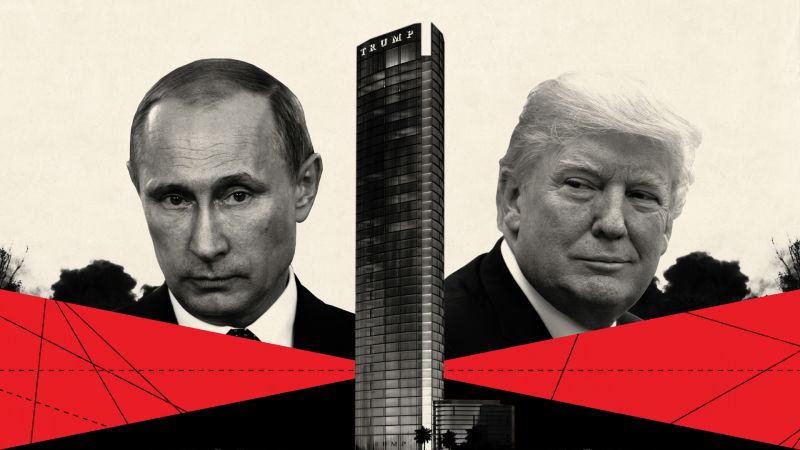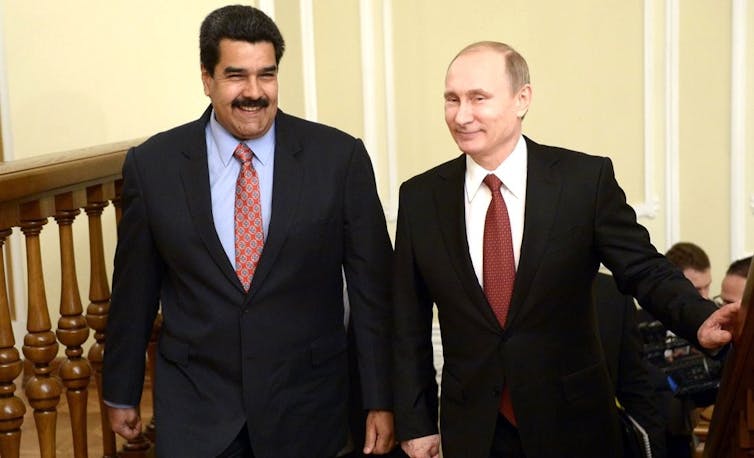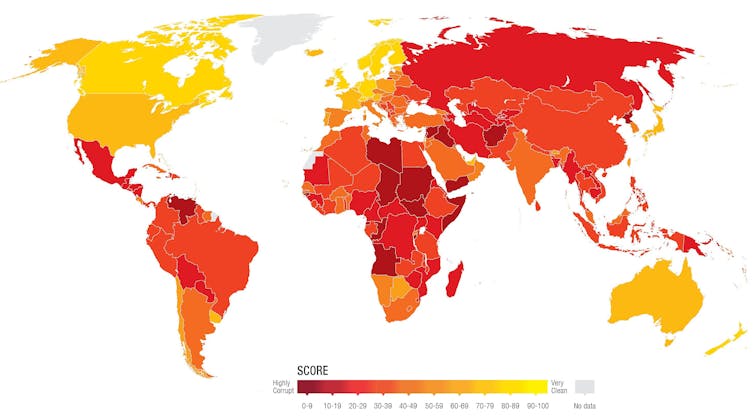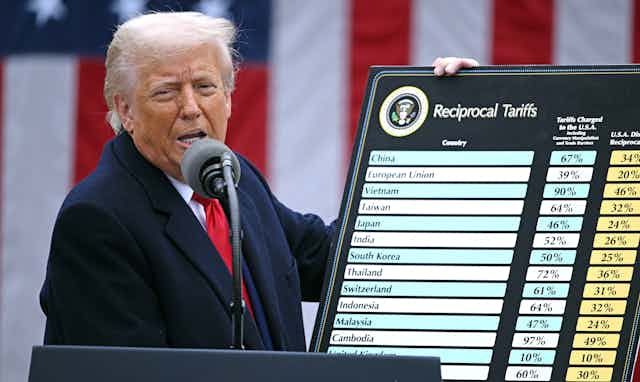
The erosion of democratic liberties in the United States could trigger a worldwide regression of freedom. And part of the blame belongs to President Donald Trump. With a score of 71, the United States lost four points since last year, dropping out of the top 20 countries on the CPI for the first time since 2011. The low score comes at a time when the US is experiencing threats to its system of checks and balances as well as an erosion of ethical norms at the highest levels of power.
“No president in living memory has shown less respect for [our constitutional systems] tenets, norm, and principles.” “Trump has assailed essential institutions and traditions, including the separation of powers, a free press, an independent judiciary, the impartial delivery of justice, safeguards against corruption and most disturbingly, the legitimacy of elections.” Michael Abramowitz, president Freedom House.
Syria, Eritrea and North Korea ranked as the report’s least free countries. Saudi Arabia, which ranked 4th worst, has been linked to the assassination of Washington Post journalist Jamal Khashoggi in one of its embassies. Despite CIA intel verifying this connection, Trump called Saudi Arabia a “great ally” and doubted its role in the murder.
Click here to read the full report (PDF).

In November 2018, a former national treasurer of Venezuela was sentenced in the United States to 10 years in prison for taking more than $1 billion in bribes. Rather than the usual lone fraudster ending behind bars, this case is an example of the effect of corruption on a democracy, when the elites think only of putting cash in their pockets and threaten the population when reforms are demanded. Indeed, in recent years, corruption have skyrocketed in Venezuela and at the same time, democracy became a myth, with increasing signs of tyranny every day. Is this something specific to Venezuela’s situation, or is there something inherent in corruption that can kill democracy?
Venezuela is not alone in simultaneously seeing increased rates of corruption and decreased democracy. Transparency International’s 2018 Corruption Perception Index clearly shows the magnitude of the phenomena – the least-corrupt countries have all had a long exposure to democracy. At the top of the ranking is Denmark, followed other strong democracies: New Zealand (2), Finland (3), Singapore (3), Sweden (3), Switzerland (3) or Norway (7). At the extreme opposite, the most corrupted nations are Somalia (rank 180), Syria (178), South Sudan (178), Yemen (177), North Korea (176), Sudan (172), Guinea Bissau (172), Equatorial Guinea (172), Afghanistan (172), Libya (170), Burundi (170), Venezuela (168) and Iraq (168).
The situation is so bad in these most corrupted countries that their populations face a combination of insecurity, resource shortage, a weak and even absent state, poor infrastructures, declining health and low-quality education.

Transparency International, CC BY
Corruption as the abuse of power for private gains
Several reasons explain why corruption is so grievously damages a democratic system. As a principle, when the elites are highly corrupted, they are not really concern with the rest of the population, or even their country. Indeed, corruption is usually defined as the abuse of power for private gains against the public good. Corruption breaks the link between collective decision making and people’s power to influence decisions (normally through votes and participation), this very link that defines democracy.
Furthermore, for a country to be a democracy, a minimum of public services is necessary. Without good education, health and a measure of security, the participation of people to the political debates is minimum. Clearly, corruption implies poor public services since bribes – the most common form of corruption – lead to misallocation of resources, the decision makers being more interested to get the higher level of bribes, not to make the best decision. To make the matter worst, corruption also increases the cost of public services. As a result, the corrupted countries have fewer investments and become poorer.
Culture of democracy to its minimum
In addition, the increased corruption leads to a declining trust in elites and the state. In a country with high corruption levels, the population has no confidence in their politicians and civil servants. With suspicion and even fears of elites, the population can’t invest itself in voting, being involved in the civil society or participating to the public debates. As the result, the culture of democracy begins to crumble.
Finally, the worst case is the capture of the state, which can lead to a complete tyranny. For example, when the population of Venezuela started to demand reforms after years of economic decline and rising corruption, the response of the elites has been the imprisonment of opponents, physical threats, and isolation to the world.
Thus, the latest corruption index should be a warning sign to pay attention to the dramatic effects of corruption on the core functioning of democracies. In addition to Venezuela, other cases include Guatemala, Turkey, Hungary and even in the United States. These and others show that democracy is a jewel that needs continuous protection.![]()
Bertrand Venard, Professor, Audencia
Cet article est republié à partir de The Conversation sous licence Creative Commons. Lire l’article original.




5 Comments
Pingback: Merry Christmas from Trump's America - Bergensia
Pingback: จำนองบ้าน
Pingback: ทรรศนะบอลวันนี้
Pingback: มีหวยอะไรที่น่าสนใจบ้างใน LSM99
Pingback: Polite reminder. Trump & Brexit are the same thing - Bergensia